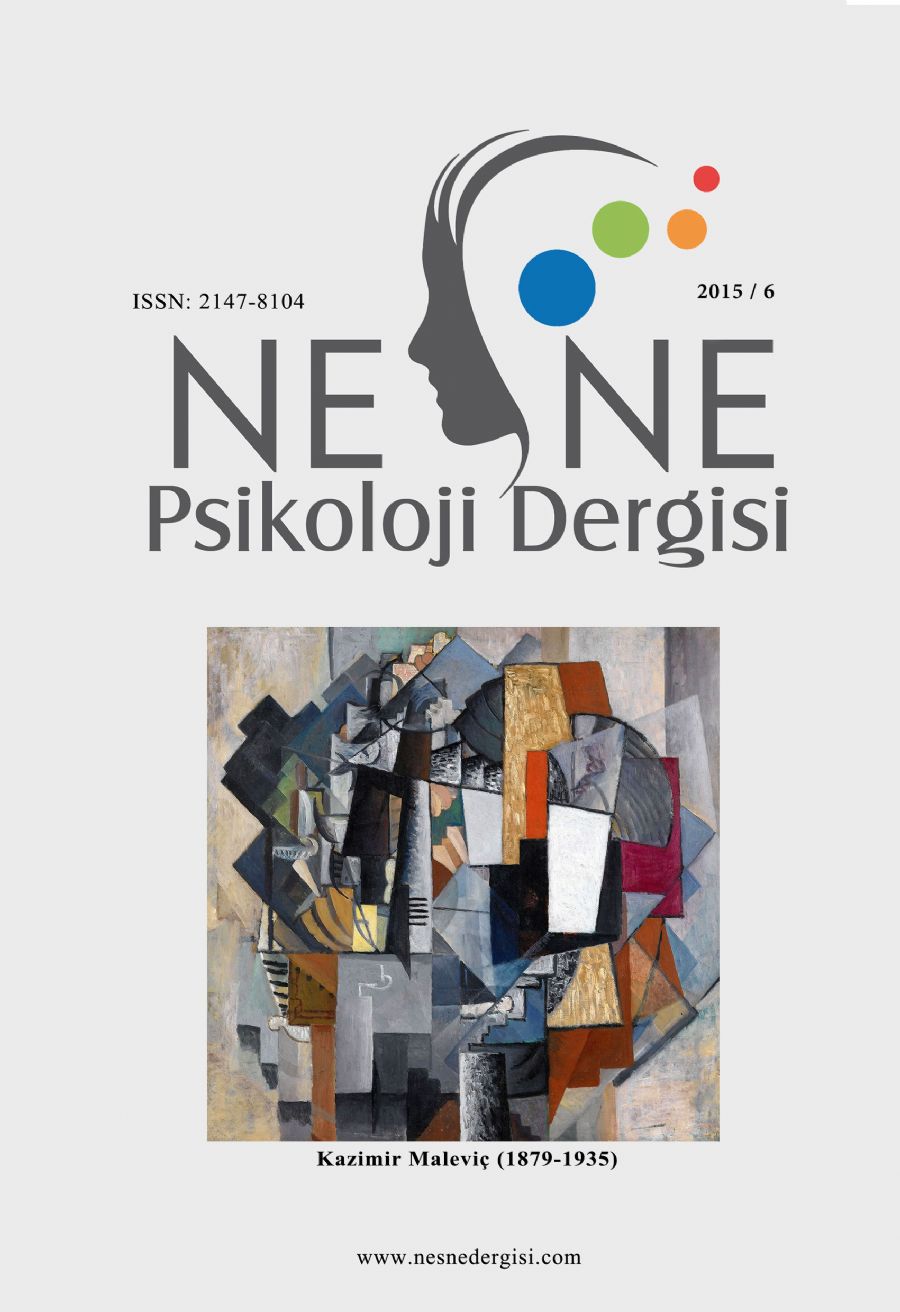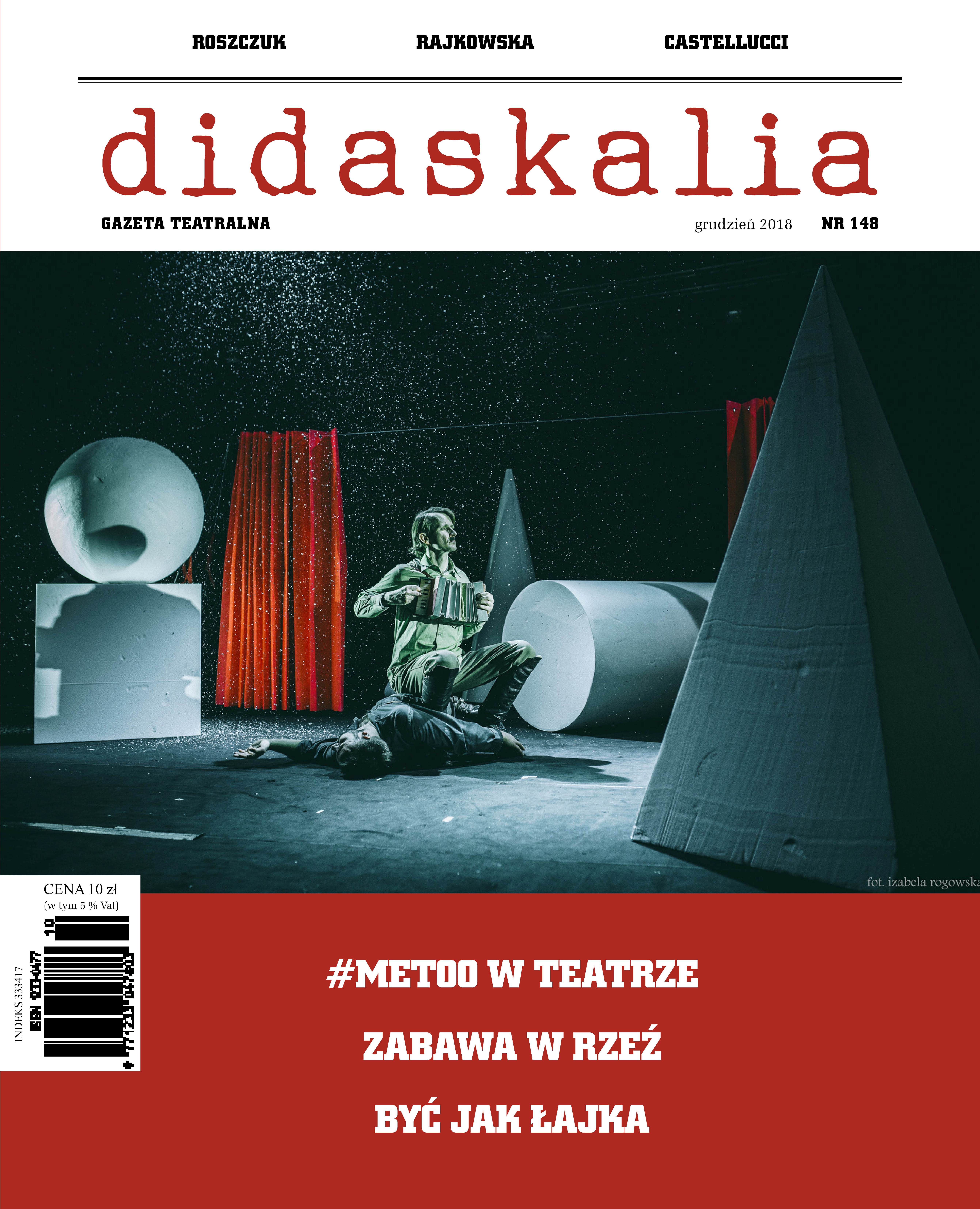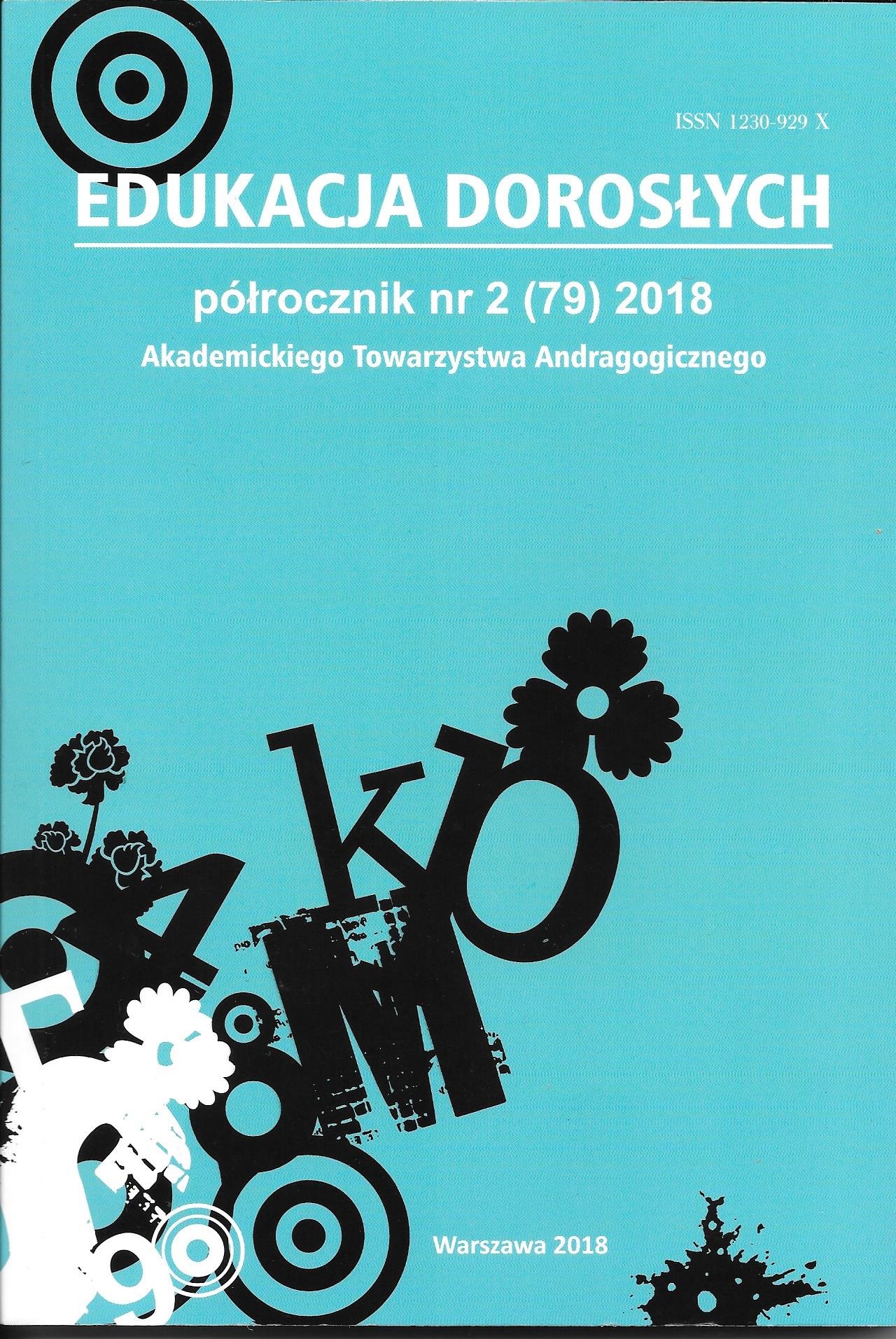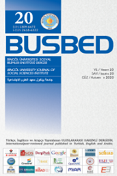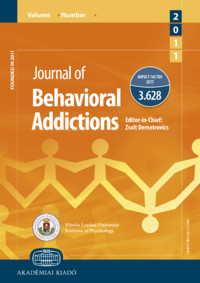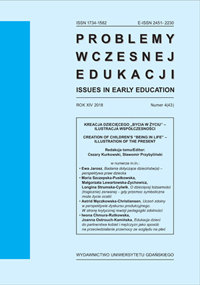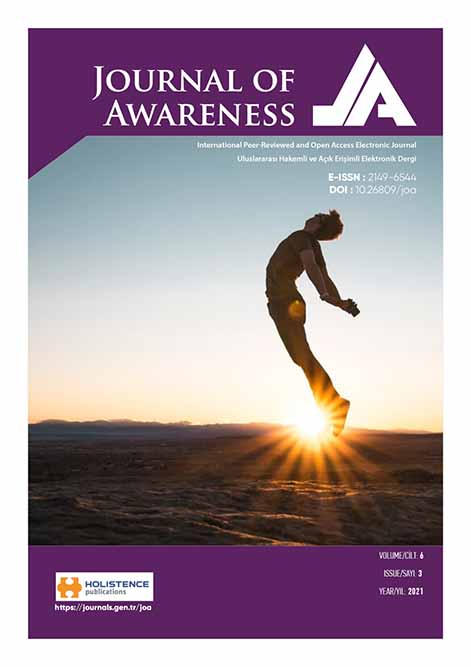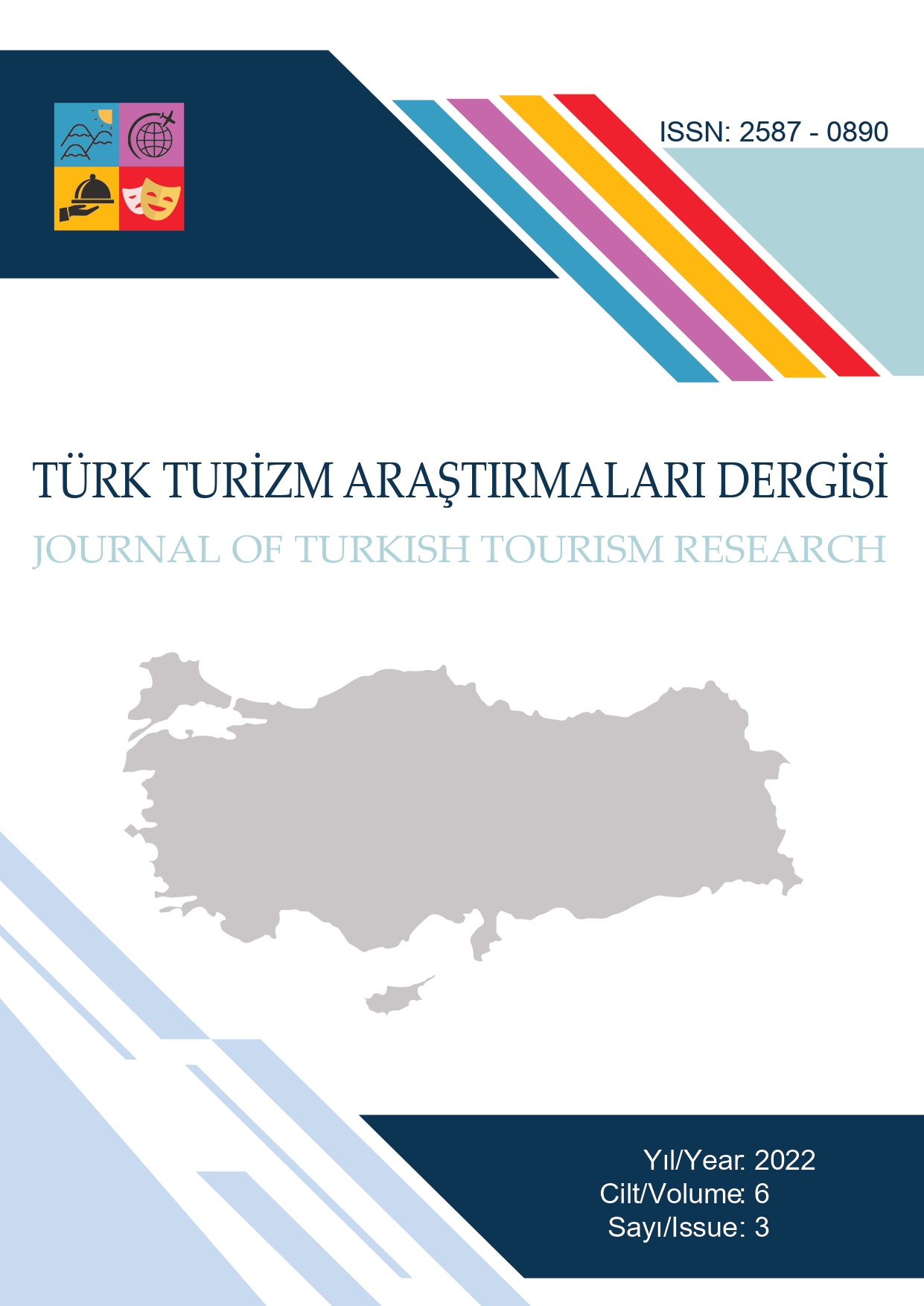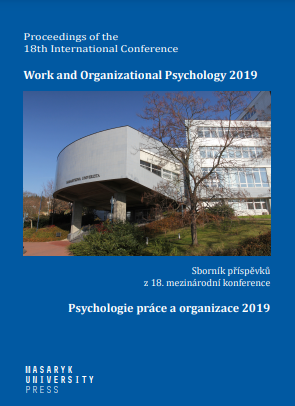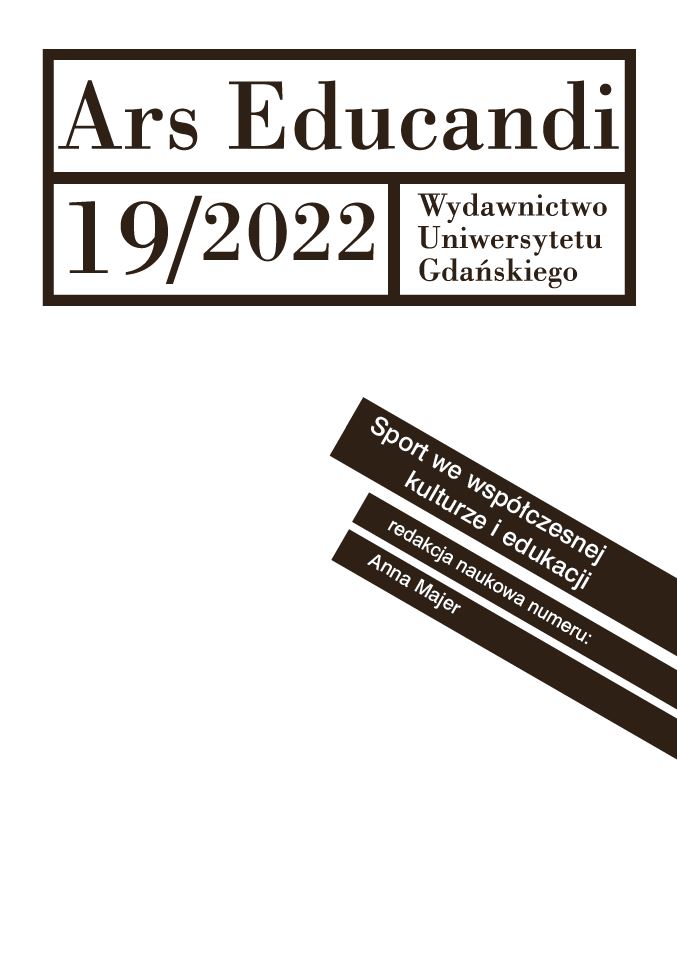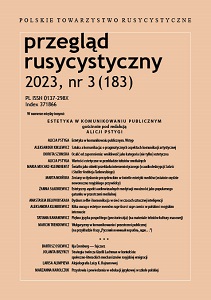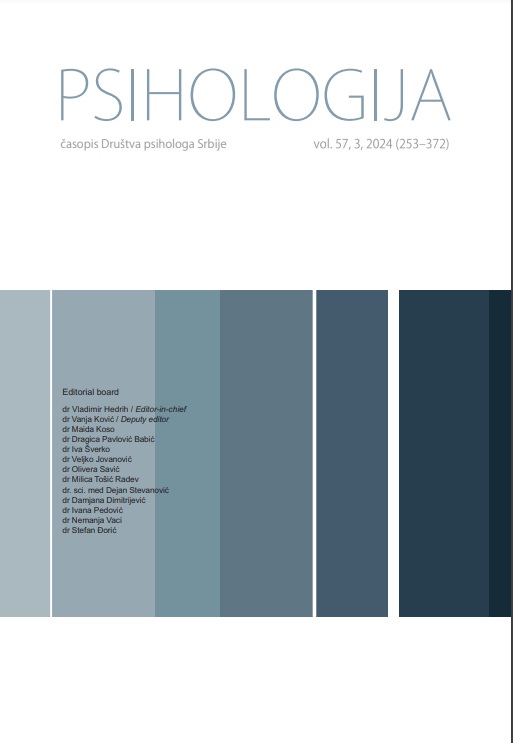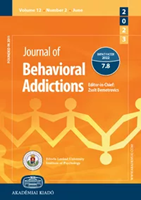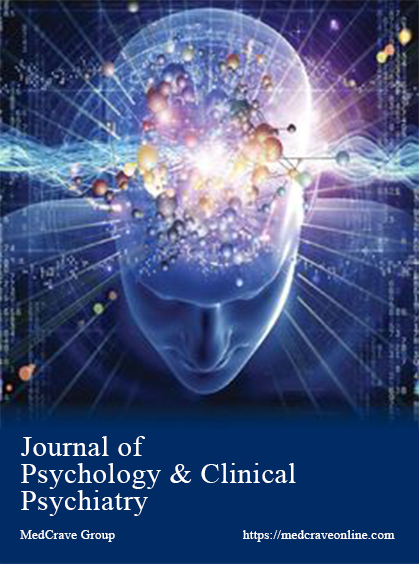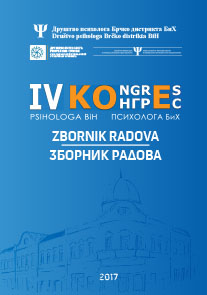
Five factor mindfulness questionnaire: examination of some metric characteristic in general population
Petofaktorski upitnik svjesne usredotočenosti: provjera nekih metrijskih karakteristika na općoj populaciji
Keywords: Five Factor Mindfulness Questionnaire – FFMQ; factore structure; reliability; validity;
The construct of mindfulness, defined as awareness that emerges through paying attention on purpose, in the present moment, and nonjudgmentally to the unfolding of experience moment by moment, has been intensively researched in the context of the well-being during past ten years. The aim of this study was the examination of factor structure, reliability and validity of a translated and an adapted Bosnian version of Five Factor Mindfulness Questionnaire – FFMQ. The questionnaire consists of 39 items and measures five factors of mindfulness: observing, acting with awareness, nonjudging and nonreacting. The research sample included 441 participants in general population (213 males and 228 females). The average age of participants was M=39.9 (SD=13.33). Principal component analysis with Oblimin rotation indicates the existence of five factors with eigenvalues above 1 and confirms original FFMQ factor structure. The obtained five factors explain 44.17% of variance of mindfulness. The Cronbach alpha coefficients range from .68 to .84 and indicate a satisfactory level of internal consistency of all subscales. The criterion validity was examined using one external criterion: life satisfaction. The obtained results indicate that FFMQ has satisfactory metric characteristic and can be useful instrument in different areas of research where the mindfulness is relevant construct.
More...
